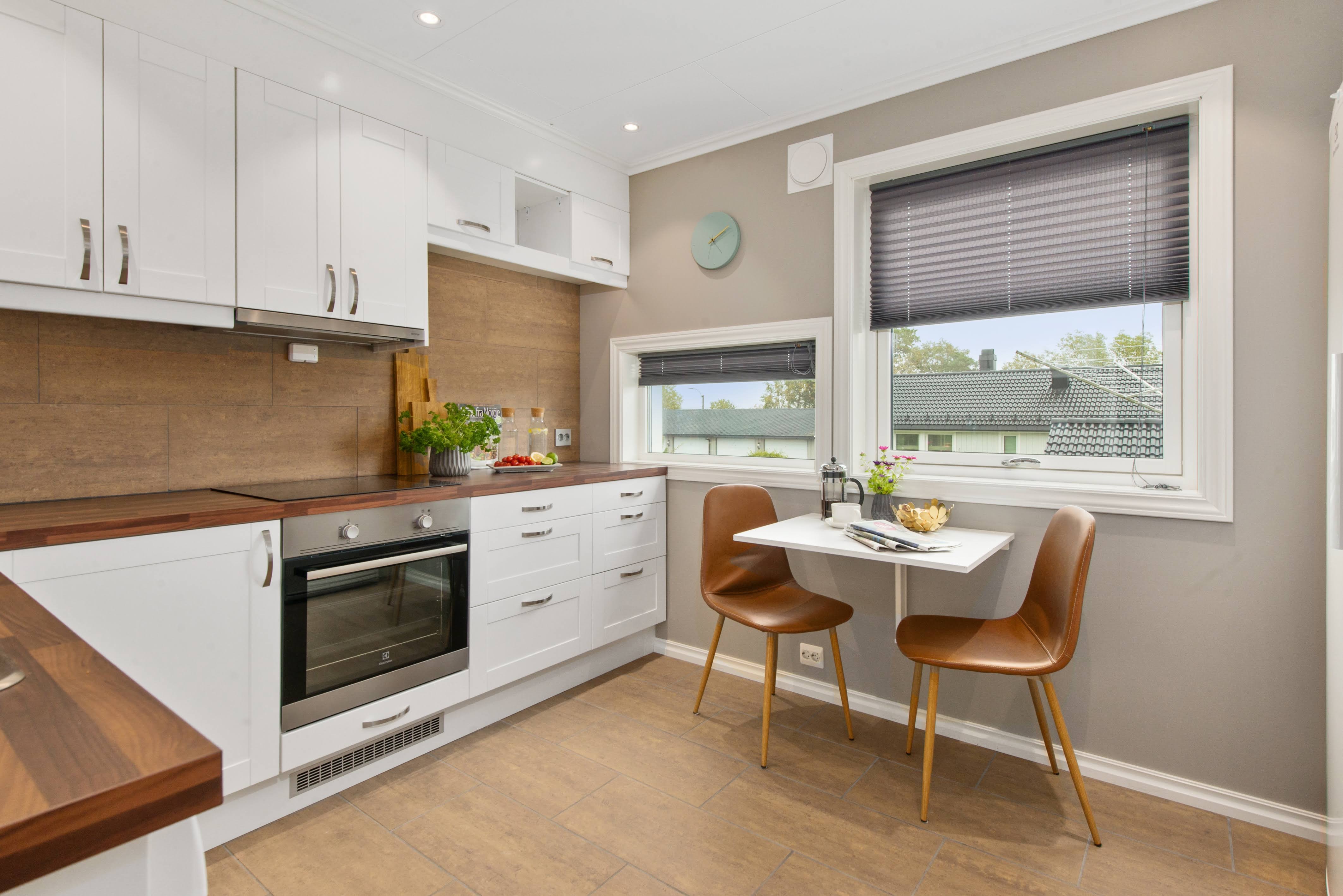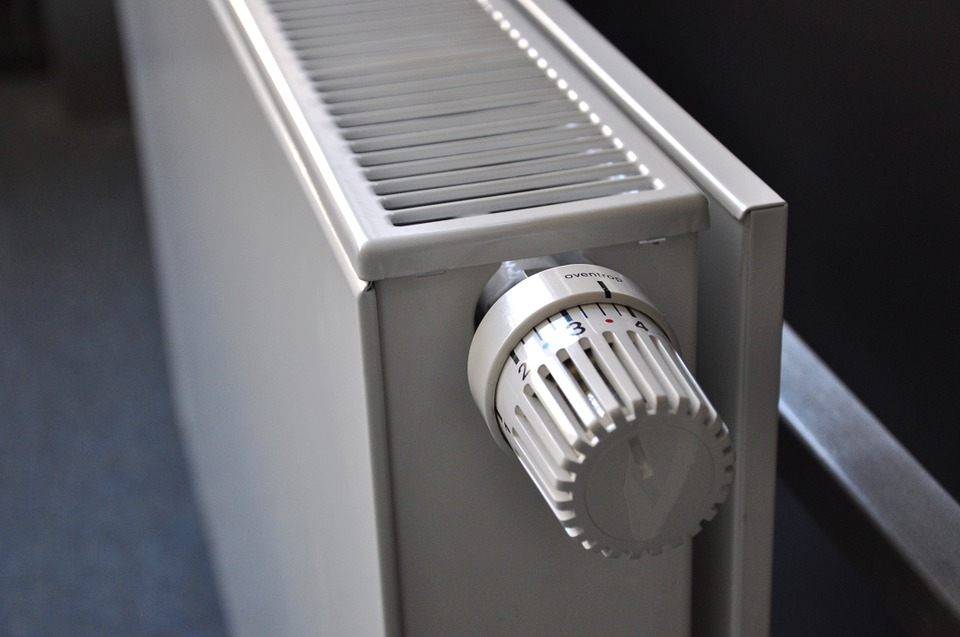
Photo by Rune Enstad on Unsplash
Gas is a go-to residential energy source across the globe. The only problem is that, just like other types of energy, it can take a big chunk of the budget.
So, if you want to keep using gas, you should consider reducing natural gas consumption. This is a positive change not only for the environment but also your household budget. To make it really happen, you will likely have to break the loop of bad habits and tackle major areas like heating, which takes around 45% of energy use.
Here some concrete steps that take your closer to your goal.
Kitchen business
Gas is typically used for a few specific tasks around the home and focusing on those areas is the best way to optimize consumption patterns. Heating is certainly the largest variable that is dependent on what you heat. Let us address the kitchen first, a domain where your habits play a vital role. Namely, you need to refrain from pre-heating the oven before putting the food inside. Minimize the number of times you open the oven door and turn the appliance off a bit earlier than usual. Finally, inspect the seals on the oven to confirm they are not leaking heat.

Hot water— playing it smart
Water heating accounts for a large part of spending. To keep it in check, avoid setting the level too high. If you always need to mix in some cold water because hot one is too much for your skin, it is time to turn the thermostat down. And when going away, you should make sure to turn it off completely. This will reduce the amount of gas spent on a daily basis. To go an extra mile, invest in a new on-demand system, or even better, a smart programmable thermostat. This cutting-edge device is able to “learn” your preferences and patterns and fine-tune consumption accordingly.
Weighing your options
Prices of gas can vary wildly depending on your location. Regardless, it always pays off to look for small and local companies that feature more favourable prices than big, national providers. So, do your homework to figure out whether you are overpaying for your gas. Shop around for the best deals and compare the prices online. Ask your friends, family, and colleagues for referrals. While at it, you might want to check out the cost-efficient ways to connect gas. You should search for providers that do not impose exit fees and lock you in lengthy contracts.

Central heating
Bear in mind that you can make a big difference by adjusting the central heating thermostat as well. The optimal temperature depends on the time of the year and other factors, but setting it slightly cooler is highly advisable. Also, pay close attention to the positioning of your thermostat. The further it is from the heating vent, the less efficient it becomes (possibility of overheating rises). To decrease the heating demands, you can also close off vacant and unused rooms. As for those who have individual heaters, they should consider using low or medium flame.
Appliance maintenance
Finally, you should regularly maintain appliances that use natural gas. Furnace and heating systems, for instance, need to be checked by professionals once a year. Any malfunctions (such as leaks and faulty parts) could dramatically increase your utility bills. Likewise, replace furnace filters once a month— this will prevent clogged filters from trapping the heat. If your furnace is reaching the end of its lifespan or beyond salvation, purchase a new, ENERGY STAR-rated appliance. This label is an industry standard, a testimony to products’ high energy efficiency.
Sow the seeds of change
High utility bills pack a real punch into our financial health. To soften it, it is crucial to evaluate how you use gas energy. Armed with the knowledge, you can explore simple and easy ways of cutting down on consumption. To get the ball rolling, build sound everyday habits and see to it that appliances are not working harder than necessary. All your efforts and investments will be a drop in the bucket compared to the amazing long-term benefits. You have a chance to take care of Mother Nature and save a ton of money.
Guest post by Lillian Connors
About the Author
Lillian Connors can’t resist the urge to embark on a myriad of green living/home improvement projects and spread the word about them. She cherishes the notion that sustainable housing and gardening will not only make us far less dependent on others regarding the dwellings we inhabit, but also contribute to our planet being a better place to live on. You can check her out on Twitter and LinkedIn.
You may also like
Tips for Making Your TV-Watching Experience More Energy-Efficient
Sustainable Lighting: Tips for Living Green
Energy-Efficient Home Design: How to Save Water and Energy
Kitchen Appliances: Taking Energy Efficiency to the Max
